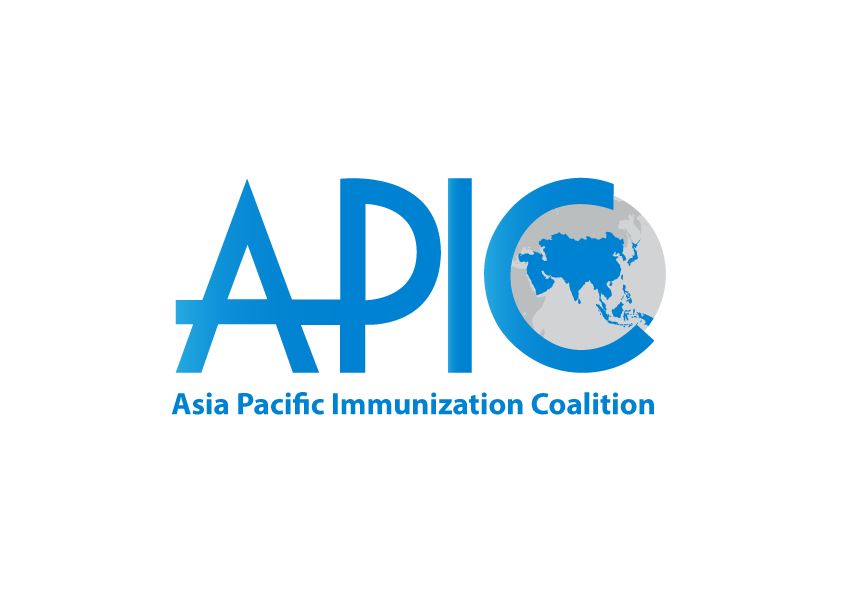Advocating vaccine acceptance in the Asia-Pacific
Published: 01 Mar 2021

Vaccination is regarded as one of the most successful and cost-effective public health interventions which has prevented numerous deaths associated with infectious diseases. However, vaccine hesitancy and insufficient health system support are threatening to reverse the unprecedented progress made in combatting vaccine-preventable diseases.
To tackle the issue of vaccine confidence and the resilience of immunization programmes in the region, the Asia-Pacific Immunization Coalition (APIC) has recently been formed to protect and sustain the hard-fought vaccination gains and build confidence in new vaccines resilient immunization systems that are well-resourced, sustainable, equitable, and integrated into the wider national healthcare system. The coalition aims to achieve this by using an evidence-informed approach to advocacy, activities and research to instil the value of vaccines among consumers, policymakers and other heath stakeholders.
The coalition will be hosted within the NUS Yong Loo Lin School of Medicine’s Centre for Behavioural and Implementation Science Interventions (BISI) and is co-chaired by Prof. Tikki Pangestu, a visiting professor at NUS Medicine, and Prof. Heidi Larson, Director of the Vaccine Confidence Project at the London School of Tropical Hygiene and Medicine (LSTHM) and visiting professor at NUS. Other founding members of the coalition include thought leaders and experts from the Asia-Pacific region representing diverse fields of public health policy, immunization advocacy, behavioural science, implementation research and infectious diseases.
For its pilot initiative in 2021, the coalition is assessing COVID-19 vaccine preparedness and piloting confidence building initiatives in Asia-Pacific, with an initial focus on the communications dimension in countries with the highest number of cases and past confidence challenges such as India, Indonesia and the Philippines. This initiative is a collaboration with UK’s Wilton Park and the Foreign, Commonwealth & Development Office (FCDO), The City University of New York Graduate School of Public Health & Health Policy (CUNY SPH), and the Vaccine Confidence Project at the London School of Tropical Hygiene and Medicine (LSTHM).

